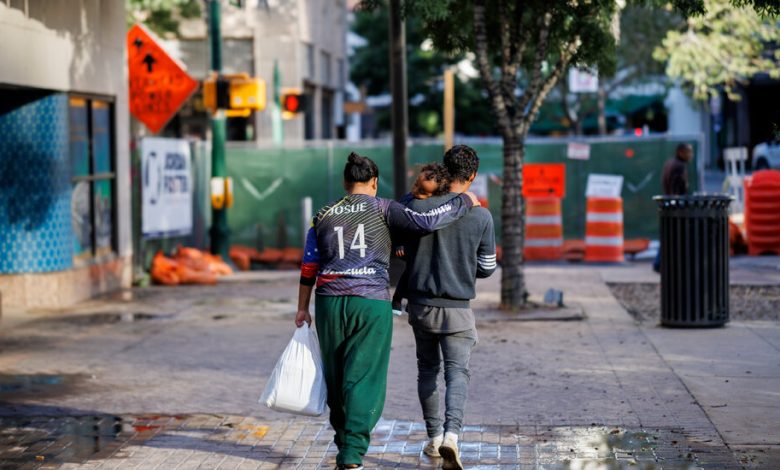Supreme Court Rules for Immigrant in Case on Deportation Hardship Waiver

The Supreme Court ruled on Tuesday that federal appeals courts may review many determinations by immigration judges about whether deporting someone would, in the words of a federal statute, result in “exceptional and extremely unusual hardship” to a relative who is lawfully in the United States.
The vote was 6 to 3, and the majority featured an unusual coalition: the three liberal members of the court and the three justices appointed by President Donald J. Trump.
The case concerned Situ Kamu Wilkinson, who was born in Trinidad and Tobago. In 2003, fleeing violence, he overstayed a tourist visa in the United States. About a decade later, he and his girlfriend had a son, an American citizen referred to in court papers as M.
After he was detained by the authorities in 2019, Mr. Wilkinson sought to avoid deportation under a provision of a federal statute that allows immigration judges to grant relief to people whose removal would cause great hardship to a spouse, parent or child. (Mr. Wilkinson satisfied the law’s other criteria: to have been present in the United States for at least 10 continuous years, to have good moral character and to have not been convicted of certain crimes.)
An immigration judge found that M. had severe asthma and that Mr. Wilkinson provided financial and emotional support for him. The judge also determined that M. had been struggling with behavioral problems since Mr. Wilkinson’s detention, when the boy was 7.
But the judge ruled that those circumstances did not amount to the kind of hardship that would warrant an exception to the usual rules. The Board of Immigration Appeals affirmed that ruling.
